“Honey bees are what they eat: how do differing diets result in queens or workers”
Dr Paul Hurd is Principal Investigator and Senior Lecturer in Epigenetics at Queen Mary University London. Paul will be discussing the very latest advances in scientific technology that have allowed us to investigate how royal jelly results in a queen and why workers are different.
His research group work on the honey bee as an emerging model for epigenetics. They manage and maintain their own research hives and work in his lab is funded by the Biotechnology and Biological Sciences Research Council, Royal Society and the European Union.
One of Paul’s colleagues is Danyal Conn who many of you will know as he is a long standing member of North London Beekeepers.
Presentation overview:
Honey bee larvae destined to become workers are fed worker jelly followed by a diet of nectar/pollen and those destined to become queens are fed royal jelly. These differing diets are then maintained over the entire lifetime of the adult.
The ability of an individual honeybee larva to become a queen or worker cannot be because of different DNA: the genome of that larva has the capacity to become either, it is due to the way genes are switched on or off in response to the specific diet; this determines such differing developmental outcomes.
Epigenetics is a dynamic set of instructions that exist ‘on top’ of the genetic information, that can encode and direct multiple different outcomes from a fixed DNA sequence. Epigenetic information can be altered by environmental factors, including diet. In the case of the honey bee, the queen larvae are fed a diet of royal jelly, a potent substance capable of changing developmental instructions.
Part of our NLB Autumn Meeting series.
